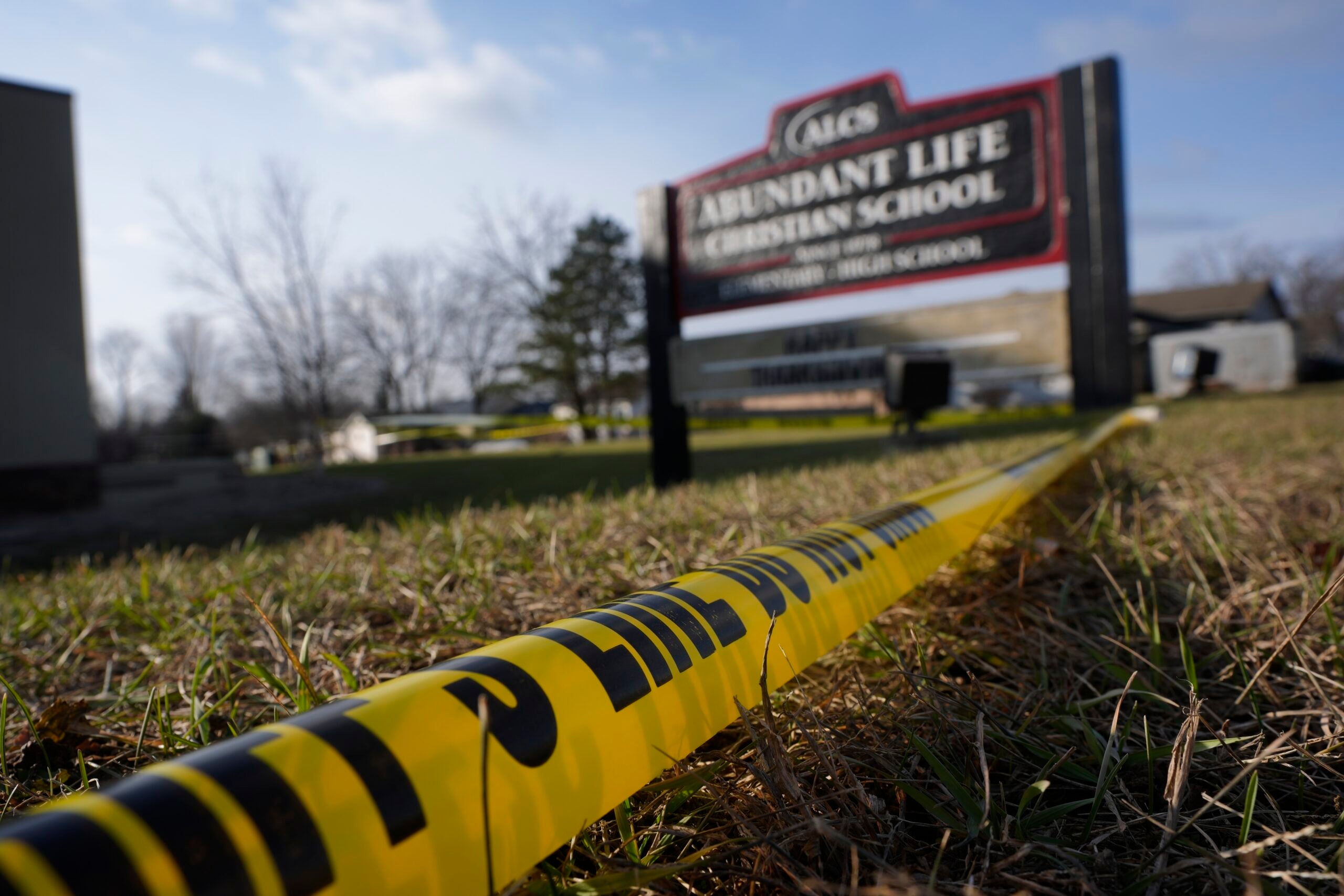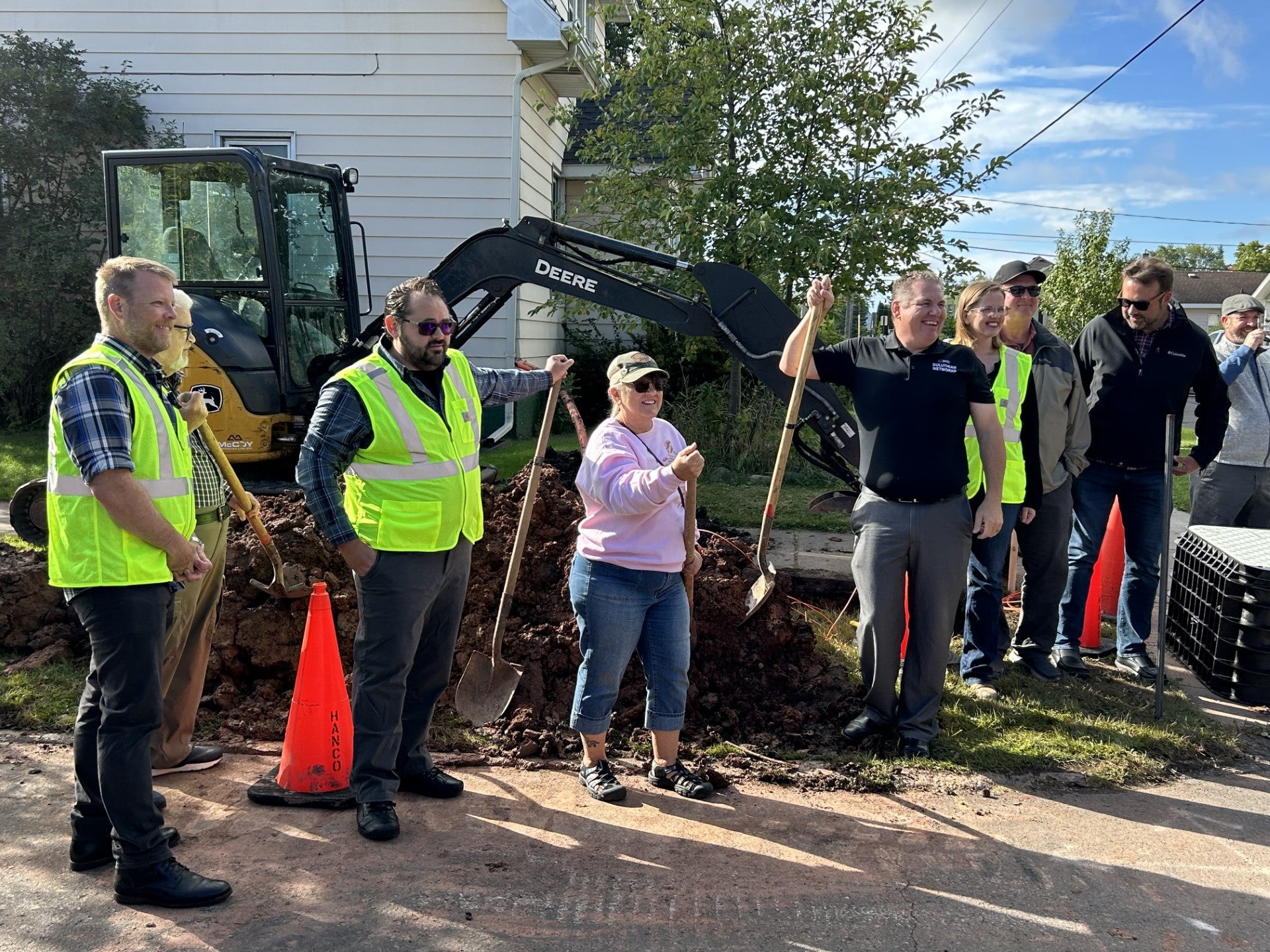When a big crime story breaks, it’s not uncommon for internet sleuths to start doing detective work of their own and offering up unofficial theories about what really happened.
Sometimes this is beneficial to the investigation, like when an online group identified numerous Jan. 6 rioters, which helped lead to their criminal prosecution.
Other times, internet sleuthing can result in false accusations and other misinformation. In the wake of the Abundant Life Christian School shooting in Madison last month, conspiracy theories about the shooter’s motives proliferated online and an unverified manifesto that police could not authenticate circulated on social media.
News with a little more humanity
WPR’s “Wisconsin Today” newsletter keeps you connected to the state you love without feeling overwhelmed. No paywall. No agenda. No corporate filter.

So when is internet sleuthing helpful and when does it do more harm than good?
Kathleen Bartzen Culver, a professor in the University of Wisconsin-Madison School of Journalism and director of the Center for Journalism Ethics, spoke with “Wisconsin Today” about the rise of internet sleuths and why she thinks it’s important to pause and wait for stories to develop.
This conversation has been edited for brevity and clarity.
Lee Rayburn: Recently, we’ve seen a lot of crime stories circulating throughout the news and across social media, like the murder of the UnitedHealthcare CEO in New York or the story of the kayaker who faked his death here in Wisconsin. When stories like this happen, people take to the internet to try to help solve the case. What’s the harm in that?
Kathleen Bartzen Culver: No. 1: We can misidentify. In the case of the Boston Marathon bombings, for instance, some very active internet sleuths identified the wrong people right out of the gate. That can be quite dangerous and have long-lasting effects.
We also have problems when people who aren’t qualified to be involved get involved. So in the case of the horrific murders at the University of Idaho, they had a self-proclaimed psychic from Florida make some wild claims online that ultimately forced a professor off campus and into hiding because people were attacking her online.
LR: So as this environment becomes a little more difficult to wade through, is there a step news consumers can take to figure out the facts versus what’s just for clicks?
KBC: I would say rely on reputable news organizations. I know that the “mainstream media” takes a lot of bad raps. But generally, local, regional and national media are trying to get the story right. Look at what you’re getting from, say, the Milwaukee Journal Sentinel or the Associated Press in the case of the recent and very tragic school shooting here in Madison. That is a place I would start, rather than jumping on Reddit and trying to confirm information there.
The other thing I would say is: pause. There’s a sense with breaking news that we need to know right now. There’s always a fog of war surrounding these situations, and stories develop over time. So not needing to know right now is actually a really important part of news literacy and news consumption.
LR: There can be some concerns about making spectacle out of tragedy. We’ve seen that here in Madison, with Madison Mayor Satya Rhodes-Conway speaking at a press conference the day after the Abundant Life shooting.
There are a couple ways to look at this. One would be a harsh rebuke of journalists. This video also went viral online with plenty of praise for Rhodes-Conway in the comments section. How do you see the comments from the mayor?
KBC: I think we have to be careful to think about news media in different ways. So national news media tend to be much more dogged in chasing down (a story) — trying to book the grieving parent on a morning show — than you would find from our local and regional news media. When you live in a community — if you are, say, an anchor for News 3 Now — you feel that sense of community, and I think you do have that greater sense of respect.
I recall a past public information officer for the Madison Police Department after we had a case that exploded nationally. He was a former journalist and he said, “I would not wish the national news media on my worst enemy.” That’s because they’re not proximate to the community. They’re more willing to push and push and push. But that said, they’re not doing this for no reason. They’re doing it because it gets eyeballs and ears and clicks. So there’s also a responsibility of the audience to pause and not demand that kind of information.
LR: These internet sleuths are operating in a virtual environment where there are questions about: What are the facts? What constitutes reality? What is the truth? Is there a way we can wade through this and make sense of it on social media?
KBC: One of the ways you can wade through it is just take some time. … I think we should all just calm down and take a breather and wait for the story to develop.
With the horrific murder of the UnitedHealthcare CEO, it was keenly important that people were following developments online as law enforcement was putting out photos identifying the killer, and that’s ultimately how he was captured — someone in a McDonald’s recognized him. So it’s important that we be engaged, but that we be engaged thoughtfully.
I have a history as a crime reporter and one of the things I always tried to do, and still try to do, is think about, “How would I behave if this was my family, if my husband had been killed in this horrific way? What would I want to see percolating online?” And that’s what we all should take into account as we’re posting and sharing.
Wisconsin Public Radio, © Copyright 2025, Board of Regents of the University of Wisconsin System and Wisconsin Educational Communications Board.






